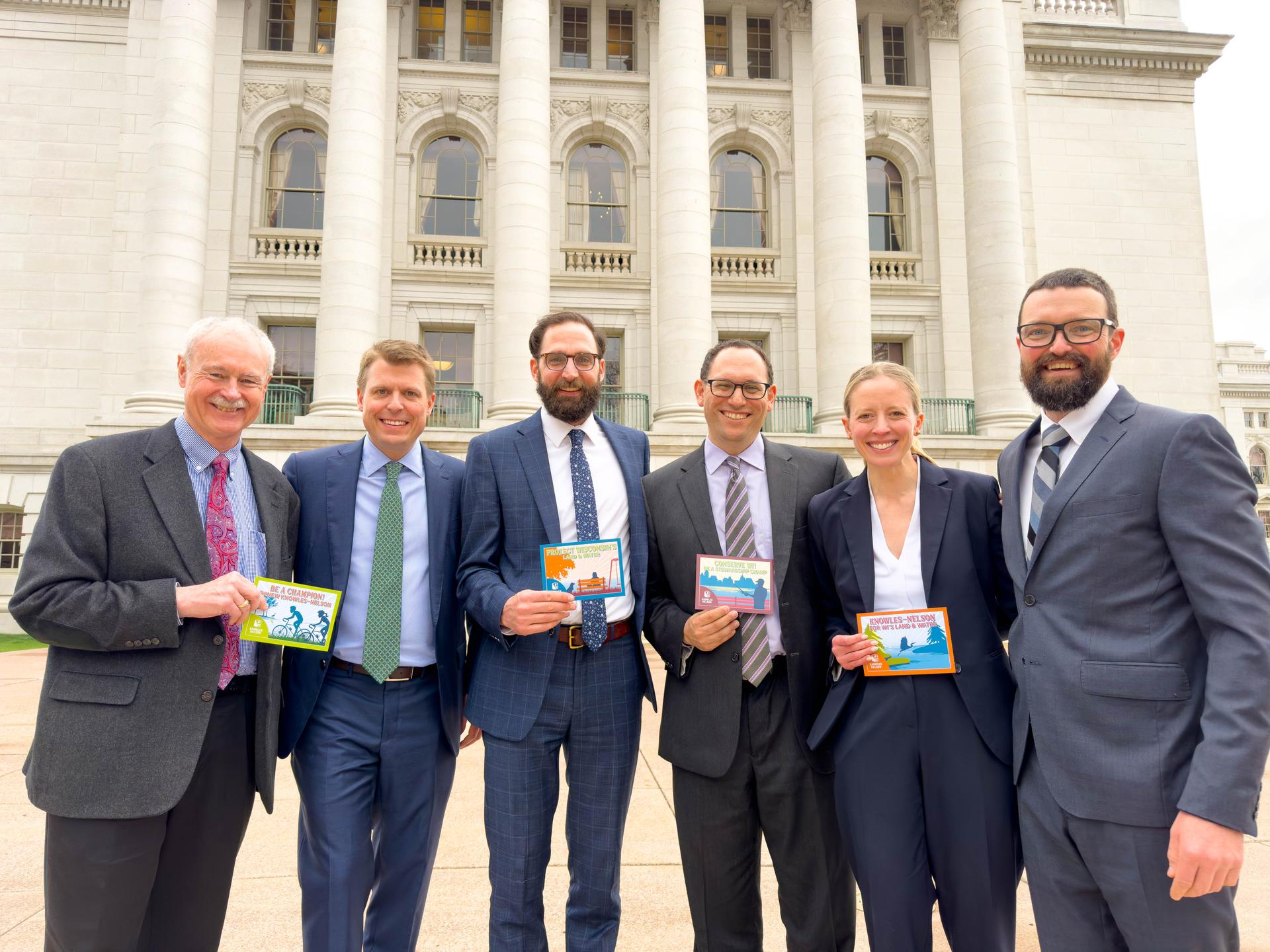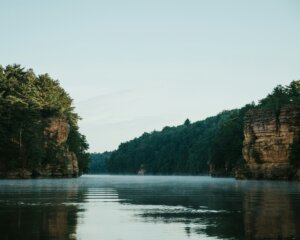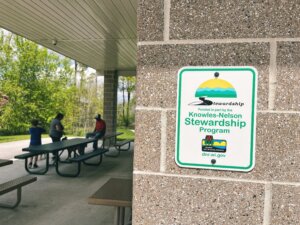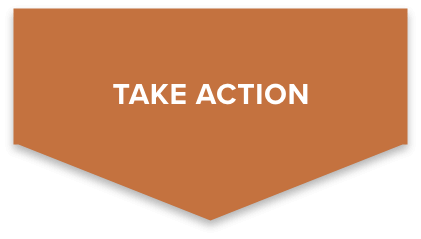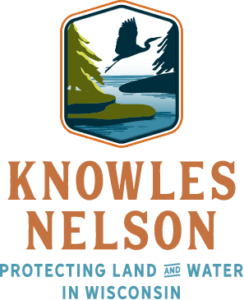Yesterday Knowles-Nelson finally had its day in court! The Wisconsin Supreme Court heard oral arguments in the case that argues the legislature is violating the Wisconsin Constitution’s separation of powers when members of the Joint Finance Committee (JFC) anonymously block conservation projects.
Gathering Waters’ attorneys were right there alongside the Wisconsin Department of Justice (DOJ) to present our arguments to the Wisconsin Supreme Court.
Our attorneys and DOJ forcefully argued that the veto authority over Knowles-Nelson grants that JFC has given itself is unconstitutional. They drove home the point that the JFC’s actions have had real consequences for conservation projects across Wisconsin. And they made a strong case that allowing anonymous committee members to have unchecked veto power goes against the separation of powers outlined in our state’s constitution.
A remarkable exchange between Justice Karofsky and the Legislature’s attorney, Misha Tseytlin, illustrates just how far the committee’s overreach has extended. Inquiring about the lack of limits on committee members’ ability to veto Knowles-Nelson projects, Karofsky asked:
“Could the Joint Committee on Finance hold a Knowles-Nelson proposal in abeyance in perpetuity?”
Yes.
“Are they obligated to consider any statutorily recognized interest in land conservation when they do that?
No.
“Are they required to articulate a reason, any reason? Or are they required to issue a decision when they exercise their veto power?
No.
“Is it appealable or reviewable?”
No.
Karofsky ended her line of questioning by saying, “I don’t understand what processes, what procedures, what policy determinations the Joint Committee on Finance needs to make in order to veto a proposal. I mean, there doesn’t seem to me to be any limits whatsoever. There are zero guardrails here.”
Tseytlin responded, “Your Honor, there’s no gainsaying that.”
That complete lack of accountability and guardrails that Karofsky’s questions illustrate is why we went to court yesterday.
We’re expecting a decision from the court in late June or early July, and we’re hopeful that it could lead to big changes in the way the JFC review process works.
But here’s the thing – no matter what the court decides, we will keep advocating for our ability to protect Wisconsin’s land and water. The Knowles-Nelson Stewardship Program is a bipartisan success story that shows just how much Wisconsinites value our natural resources. Even when we disagree on other issues, we can all get behind the idea of protecting the places that make our state so special.
Thank you for your support. Together, we’re going to keep advocating for a Knowles-Nelson Stewardship Program that operates with fairness and transparency.
In case you missed it…
Watch yesterday’s oral arguments via WisconsinEye. To view the archived video you will need to create a free user account.
Read up on what the media is saying. Here’s roundup of news coverage following yesterday’s oral arguments:
- Milwaukee Journal Sentinel: A case before the Wisconsin Supreme Court could reshape state government. Here’s what to know
- TMJ4: Wisconsin Supreme Court hears Evers’ lawsuit against GOP lawmakers
- Washington Post: Wisconsin Supreme Court justices question how much power Legislature should have
- Wisconsin Examiner: Wisconsin Supreme Court hears arguments in lawsuit against legislative veto of stewardship funds
- Wisconsin Watch: Wisconsin Supreme Court could further reshape balance of power in Capitol
- WUWM 89.7: Wisconsin Supreme Court justices considering major case about land protection and budget decisions
Stay informed by checking out resources and following along for updates here on KnowlesNelson.org.
– Charlie, Morgan, and all your advocates at Gathering Waters

